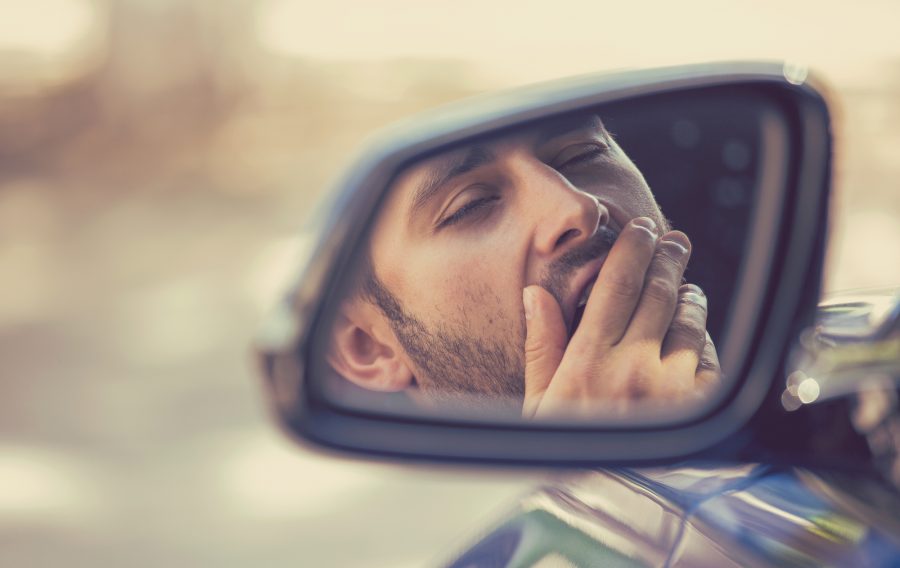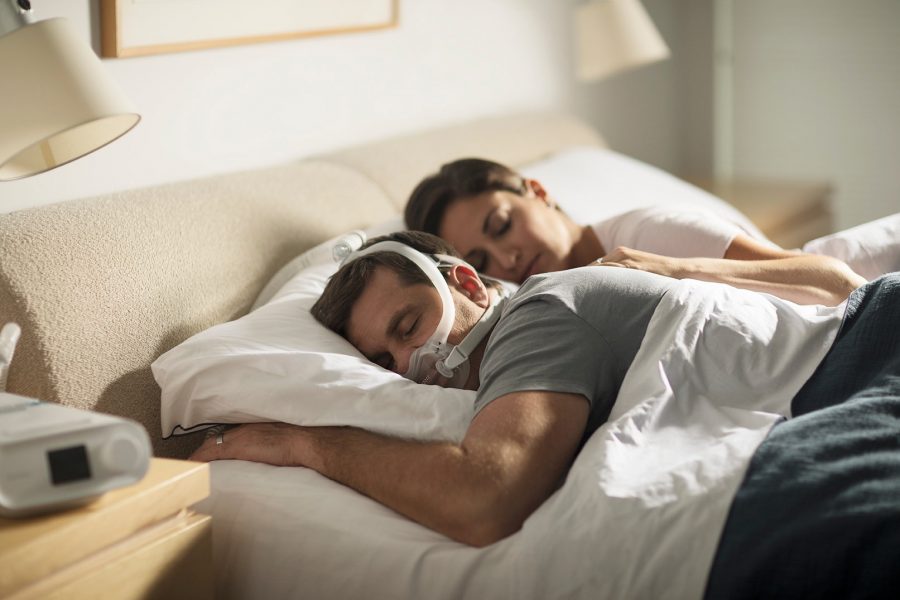What do the Chernobyl nuclear accident, the Exxon Valdez oil spill, and nearly 100,000 police-reported car crashes every year have in common? Sleep deprivation and fatigue. Drowsy driving and sleepiness are common causes of both traffic crashes and workplace accidents. The cost of people not getting enough sleep is billions of dollars a year. In fact, the Centers for Disease Control has declared insufficient sleep to be a public health problem.
Sleepiness associated with untreated obstructive sleep apnea is a common cause of drowsy driving. A recent study found that 2-3% of drivers are habitually sleepy while driving. In another survey, 4% of respondents reported falling asleep while driving during the previous month. It’s common for sleep apnea patients to report fatigue — or even falling asleep — while driving.
One study published by the American Thoracic Society journal explored whether patients with sleep apnea were at increased risk for drowsy driving. They found that habitually sleepy drivers were over 13 times more likely to have an accident. People involved in car crashes were 8.5 times more likely to have moderate to severe sleep apnea.
Studies also show that drowsy driving is an all-too-common problem in commercial drivers. This can come from two factors: sleep deprivation from long hours and the challenges of sleeping on the road, and an increased incidence of sleep apnea compared with the general population. Commercial drivers with sleep apnea may have to provide evidence of treatment to retain their license.
A landmark trial highlighted this issue. In this case, a truck driver pleaded guilty to two cases of vehicular homicide. The driver had a sleep apnea diagnosis but refused to use his CPAP machine as prescribed. The crash took two lives and the driver was sentenced to six months in jail.
The message is clear: follow your physician’s prescription for treatment if you have sleep apnea. Reduce daytime sleepiness by using your CPAP as prescribed. Healthy sleep will help you be better-rested and safer on the road.



